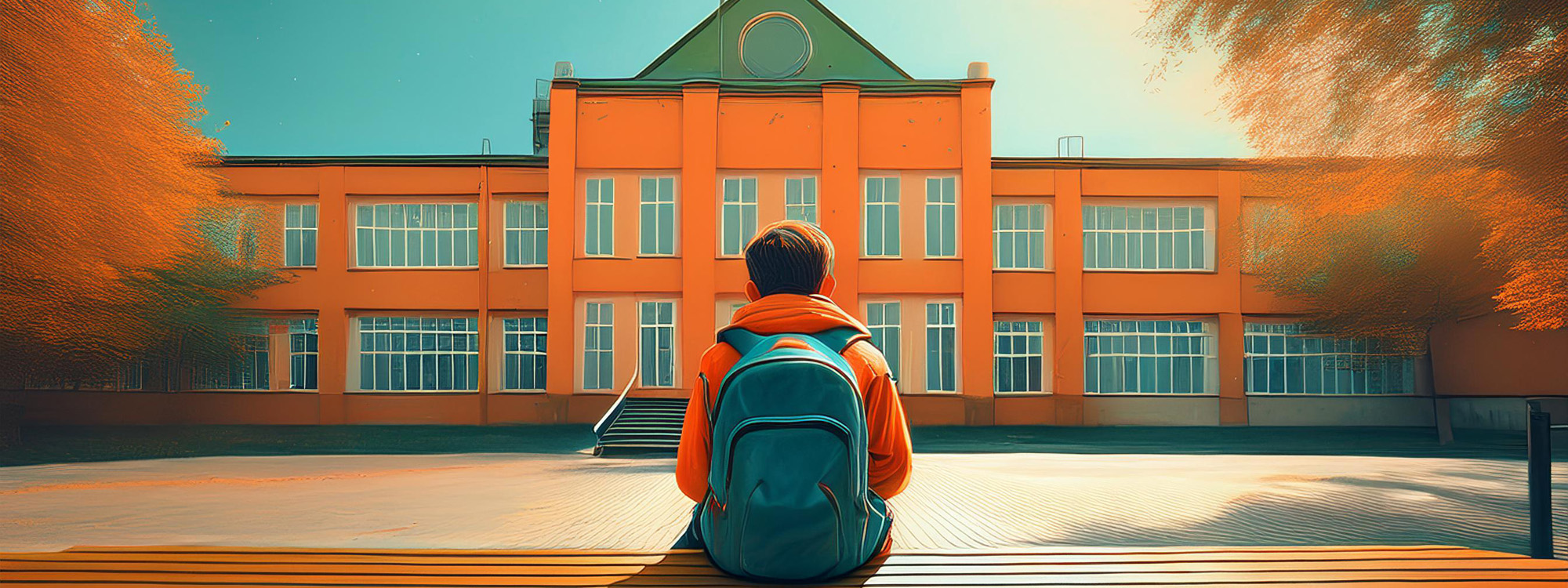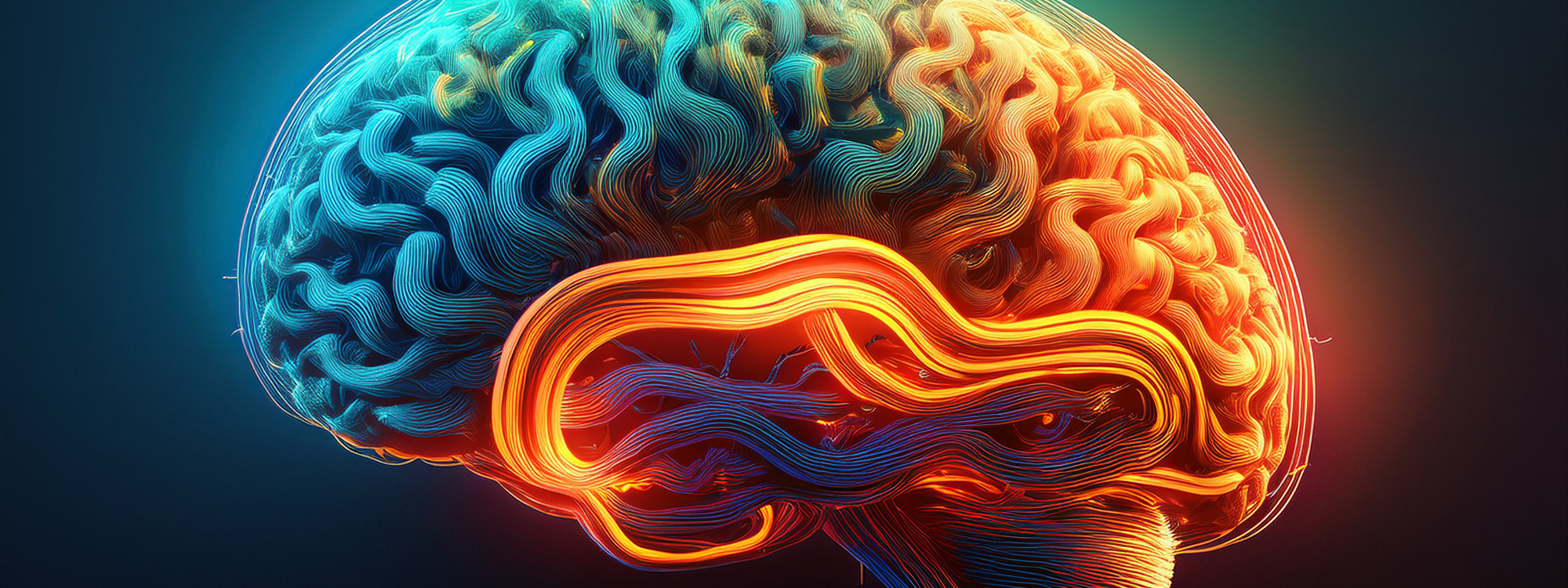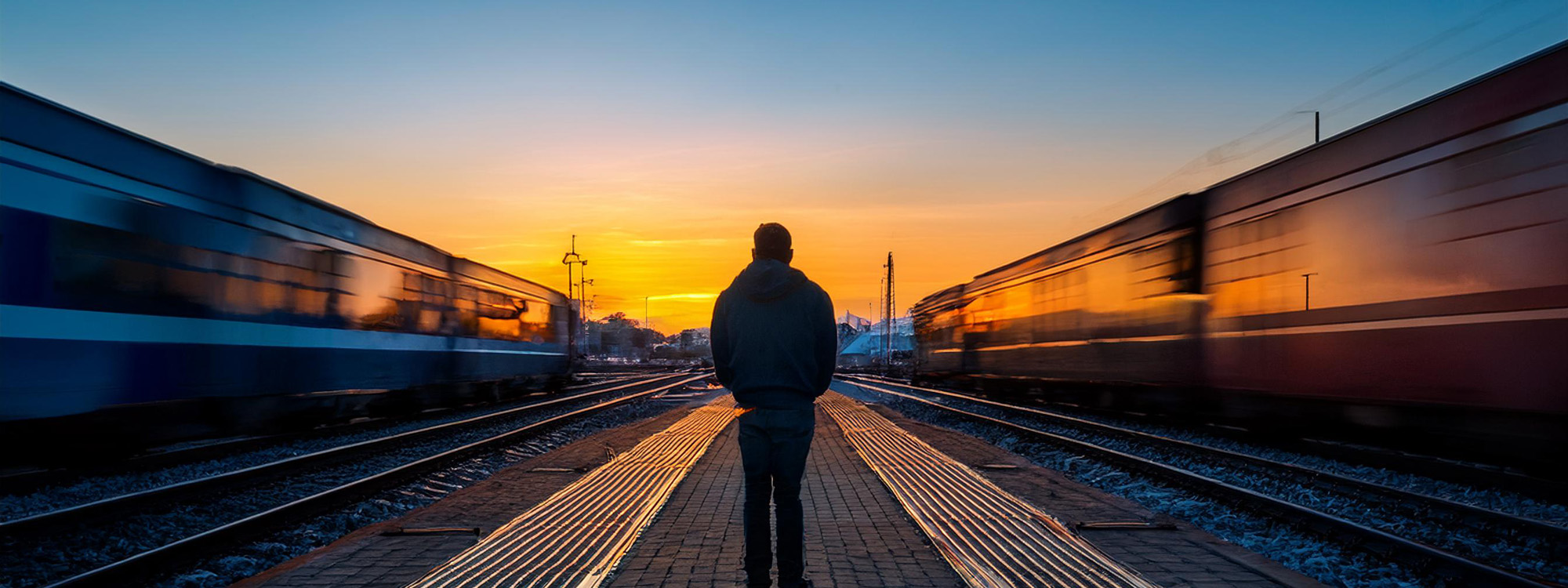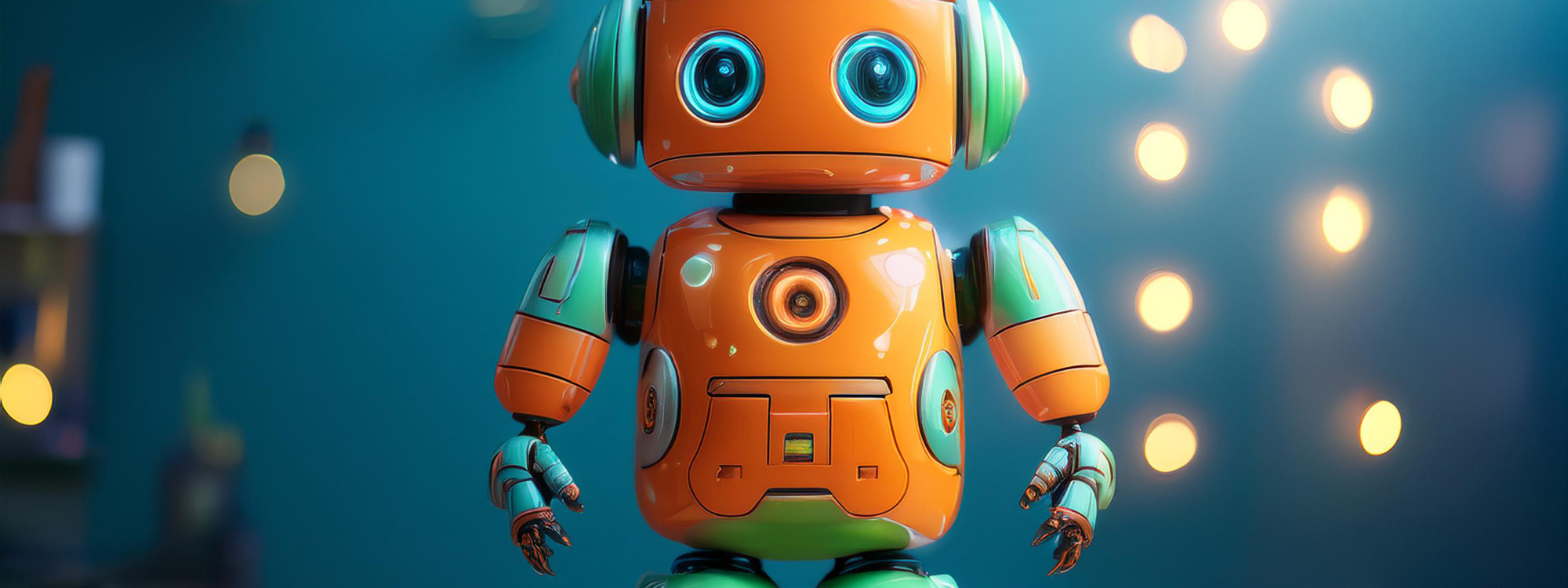| |
A group of adolescents, many thousands strong, are struggling with self-hatred and fear, and most people don't think that's a problem. We each have regrets about our childhoods: choices missed, friendships lost, social skills learned too late, instruments or sports not practised, inspirations not followed.
There were parents and teachers who never saw our potential or our pain. Maybe there were kids we bullied or kids whose bullying we tacitly endorsed because we couldn't see the context.
Some people have profound regrets. Their lives as children lacked something more fundamental: someone who cared, someone who could have chosen not to hurt them but who went ahead anyway, someone who abused them and who blighted their life from that day on, some condition they didn't choose which placed them on the outside.
All needless suffering is bad, but suffering inflicted in childhood—before we have the tools and resilience to cope with it—is hugely destructive. Over the last four decades or so—the course of my life—we have seen an ever-growing awareness of the effects of childhood abuse and, in particular, awareness has raised significantly about the effects of sexual abuse. The world is outraged about it in a way it was not in the sixties, and that is a good thing.
We are more aware than ever that it happened and that it goes on happening, and we want to stop it. The need to fight child sexual abuse is an issue that crosses political divisions. Conservatives and liberals, heterosexual and LGBT+ folk, millennials, boomers and Generation Xers like me are united against those that traffick, enslave, abuse or sexually objectify children.
Or, to put it in the everyday language we hear around us, everyone hates pedophiles. Why? Because they are seen as the root of all this. For this reason, they remain the most universally hated group of people that most people can think of.
Everyone hates pedophiles
If you want likes, say you hate pedophiles. If you're a politician with slipping poll numbers, say you want stronger penalties for pedophiles. If you're smearing someone, suggest an association with pedophilia.
Opposition to pedophiles is so universal that nobody will contradict you, and nobody is going to speak up in their defence. Only a pedant would point out that according to research, most child sexual abuse is not carried out by pedophiles at all. What does that matter? Two wrongs don't make a right... right? But in our eagerness to prevent the abuse of children, what if there is one group of children we are overlooking?
What about minor pedophiles?
What if, shortly after hitting puberty, you become aware that you are a pedophile?
What does this mean for you? What are you going to do, and who are you going to turn to?
I can speak a little about this because it happened to me somewhere around the age of fourteen or fifteen.
It's something I never acted on and I didn't even openly discuss until I was in my forties. If you're willing to read on, though, I have some important things that I've realised from my experience of being a non-offending pedophile, and I have some ideas I would like to humbly contribute toward efforts toward ending sexual abuse of children.
What is a pedophile?
First, though, I think it would help to recap what a pedophile actually is, based on the scientific definition from the DSM V.
A pedophile is someone who experiences sexual attraction to children below the age of puberty. It's quite a simple definition, and you will notice that it isn't the same as the definition we would give to the term 'child molester' or 'child sex offender'.
That is for the simple reason that being a pedophile does not mean you're inevitably going to sexually offend against children. Why isn't this generally known? Because the only pedophiles most of us hear about are the ones who commit offences.
The rest are invisible. Why do we stay invisible? Because we are hiding.
We're hiding because based on everything we hear on the topic of child abuse — maybe even based on abuse we ourselves endured as children — we think that we might be the worst people in the world. We think that if anyone gets an inkling of what we are, we are worse than dead.
We are sure that you, whoever you are, hate us without even knowing us.
The age of enlightenment
https://www.smoa.jsexmed.org/article/S2050-1161(18)30107-7/pdf
Most pedophiles realise they are pedophiles at the age of fourteen. For some it's a little earlier, and for many it's later. Fourteen is not a great age to realise you're different in this kind of way.
For me, it wasn't a sudden realisation. At first, I had figured I was gay. Given that I realised this aged eleven in the mid-eighties, it seemed tricky enough. All the same, things had moved on sufficiently (even in provincial England) that I felt able to come out, first at age twelve to friends, then more widely at age thirteen.
My closer friends were OK about my being gay. They weren't exactly celebratory, but they didn't abandon me. I think some of them assumed it was just a phase. The majority ignored it, and a fairly big slice of the rest of the school happily called me disgusting names on a daily basis.
I did some of the usual gay things: I got crushes on celebrities, my sporty form tutor and on other boys in my year. The homophobic bullying and the unrequited crushes did weigh on me after a time, though, and they were enough to push me to a suicide attempt at fourteen.
Happily, though, there was support for that. My liberal parents accepted my sexuality and, in those days of better public funding, I got sent to months of free one-to-one psychotherapy. There were books in the library based on real facts (rather than just Freud) and, although literally nobody else in my school was out, I could read about it, understand where people's prejudices came from and generally start challenging the homophobic attitudes that surrounded me—and those that had crept within.
Little of this would have been possible a decade before. I was one of the lucky ones. I had to accept that I was always going to be gay, sure (kinky, too, it turned out), but at least it was no longer like the fifties. There was a future for me.
Life wasn't easy. The slurs kept coming, but I didn't make another serious suicide attempt. But then, something happened. Amid the GCSE coursework, to a backing track of Chesney Hawkes, Bryan Adams and teen angst poetry, came a sickly realisation. I definitely still fancied fifteen-year-old boys as well as men, but I couldn't help noticing some of the younger boys at school and on TV. I mean, fourteen and thirteen seemed OK. I was small for my age anyhow—but twelve? Eleven?
On the weekends when I was out at the library or shopping, I might also notice boys of eight, seven or even younger. The feelings I experienced were mostly a sense of cuteness rather than sheer lust, but there was no denying the palpable link between the feelings I explored nightly before sleeping and the feelings I got when I saw certain younger boys.
Now what?
There didn't exactly seem to be a book on this topic—not from the angle I was seeing it from. There was a strand in older gay literature that valorised the idea of love between older and younger male partners. What I was feeling didn't seem too far off that track. Maybe it was OK if it was referenced in literature?
Maybe. But on the other hand, I sort of knew what these attractions meant when it was about people younger than the adolescents described in those books. Fourteen, even thirteen, maybe. But not eleven. Not ten. The fact it was clearly pedophilia didn't panic me, exactly; it just sort of sat there, not making sense because pedophiles were supposed to be old men in raincoats flashing tiny kids in public toilets. And that wasn't me.
And yet, by the dictionary definition, it was.
The other reason it just sat there was that it was completely unclear what I was supposed to do about it. I was still seeing my psychotherapist, but it simply didn't occur to me that I should say anything to her. Why? I guess because her job was child protection, so I was the kind of thing she was supposed to be protecting children against. If she helped me, she wouldn't be doing her job.
I couldn't tell my parents. I already knew their views on people like that (although it was only later I discovered specific reasons for that). Teachers, too, were already constrained by the UK's Section 28 legislation that forbade them to promote homosexuality, and they had been totally useless when I told them about homophobic bullying. I remember the trendy Sociology teacher just told me to hang on for the reward of sixth form life. The R.E. Teacher would tolerantly debate me on Leviticus and Romans but clearly wasn't entirely on my side on that—and wouldn't be for this either.
I couldn't tell the other kids. It was obvious by now that I would get lynched. You should know, though, that despite this unpromising start, I never went on to either abuse a child or download any illegal material. I think this was partly down to the efforts in that decade to publicise the harmful effects of abuse and abuse material (what was, in those days, called 'child porn').
The here and now
There is hope to come in this story, and it's a relief to tell it at last, but I need to fast forward a bit so that I can get to my main point. What I want to think about now is all the other kids who are now in pretty much the same situation that I was in the eighties and nineties.
Because I don't think a single one of them is fated to become an offender either. I believe that, with the right support, all pedophiles can be helped to live non-offending lives. But to bring this up to date, I'm now going to shift away from the word pedophile, and the reason is that when talking about the whole population of teenagers like me, the term isn't encompassing enough.
But why?
I am a pedophile, that is, non-exclusively attracted to prepubescent children (boys, in my case) but there is a range of what scientists call 'chronophilias' where people experience an attraction to various age ranges, and this includes ephebophiles (who are attracted to late teenagers) through hebephiles (children entering pubescence) and nepiophiles (very young children, including infants and toddlers).
Some people, like me, cross the categories. My "age of attraction" is unusually broad: roughly eight and upward, but for others, the numbers are different, often terminating before adulthood. For some people, puberty marks the upper limit of who they're attracted to.
It's a complicated picture. To simplify the language, the charity B4UACT, which works with chronophiles, came up with the term "minor-attracted person" or MAP. Just to be clear, this was not a PR stunt to make pedophilia more acceptable, but it is more accurate, so I'm going to use it from here on in. Someone like me, who is also attracted to adults, is a "non-exclusive MAP". Someone who can only feel attraction to minors is an "exclusive MAP". Both groups need support.
Support for teenaged MAPs
Since I raised the topic of helping teenaged MAPs, you might have been wondering... well, what help is even possible for kids like that?
Should we even be considering support for young MAPs while so much child sex abuse still goes on? Who in child protection will listen to some crazy idea about how we can help MAPs? Shouldn't we be taking these kids out of school and putting them somewhere safe, away from younger kids? Or should we avoid picking them out and reinforcing the idea they're MAPs, when maybe it's just a phase?
And if we acknowledge this, doesn't it normalise pedophilia? This is admittedly not an easy problem, and most of the remedies and solutions we have are focused mainly on adult MAPs, not teens. But let me tell you about some of the things we could be doing to ensure the mental wellbeing of teenage MAPs (none of which involve minimising or endorsing child abuse). When MAPs first realise they're MAP they have a lot of questions. Here are some:
1) Why am I like this?
Short answer: science doesn't know yet, but you didn't choose it.
2) Am I going to jail?
Not if you don't offend, and you can as easily avoid this as anyone else; you can be what is called an anti-contact MAP, who is committed to never offending.
3) Is the attraction the same for everyone?
No, there are different ages and genders of attraction
4) Is there help?
Only a bit right now. But more each year.
5) Should I kill myself?
Many have thought this, but no, you don't need to do that.
6) Should I tell someone? Who?
There's no blanket answer to this. Think carefully about both.
7) Should I be near kids?
You will never avoid every child, so it's better to make sure you figure out how to behave morally in every situation you might encounter.
8) Is it a sickness or more like LGBT+?
It's not quite like either. It's unique and needs a unique approach.
9) Is it bad to fantasise?
It's important to understand the difference between fantasy and reality (and to stay away from sexual material featuring real children). Some MAPs find fantasy—especially about minors they see in real life—makes them feel more of a risk. Others find that always blocking these feelings makes the feelings scarier and more of an obsession than they need to be. A lot of us find fantasy to be an entirely harmless outlet. Scientists are working on a clearer answer.
10) Should I stay offline?
There are temptations. The trick is in knowing how to avoid those without cutting yourself off from life, because self-isolation is a bad idea, too.
11) Can I ever be happy?
Well, there isn't a short answer to this, but...
It's true there isn't a short answer to the last question, and although I plan in this blog to take a stab at more articles that answer all the above questions more fully for young MAPs, I'd like you, the reader of this article, to consider this last question.
What would be your honest answer to a fourteen-year-old MAP who asked you "Can I ever be happy?"
How many things do you see lying in the way of their ability to live a happy, moral life?
It is useless to lay the blame for these difficulties on their minor attraction. They didn't choose it and the best evidence we currently have suggests that they probably can't change it either.
The question is this: how they can pursue happiness in spite of it? Since I joined the anti-contact MAP community online, I have heard over and over and over again from people who recall an adolescence cratered with suicide attempts and ideation: month after month and year after year spent in doubt, fear, isolation and terror.
It worries me that this is how MAPs feel, and it enrages me that a lot of people think that this is all that these young people deserve.
It's obvious to me that for every suffering MAP who I or other community leaders have talked to, there must be hundreds or thousands of others who feel the same way but who are too afraid to reach out for help. I don't think this leads anywhere good.
Without guidance, young MAPs can take the wrong path. So, here is my immediate thought on how we can reach MAPs at this age, dissuade them from activities that would harm others, and give them options for living a complete and meaningful life.
Acknowledgement is power
It's about making a very small change to sex education in schools. Imagine if, at the end of a well-designed sex ed lesson, the teacher said something like this:
"Okay, we covered the main parts today, but before we finish I just want to say that there are other kinds of sexual thoughts too that people can have. Some of them can seem pretty shocking or feel uncomfortable but there is help for those people that experience them.
"If you find that you have sexual thoughts about children or animals or other situations that really can't be acted out in real life, don't panic and don't blame yourself.
"In the pack you take home today, there is a number you can call and a site you can visit to chat to someone confidentially if you're worried. And that person will help you.
"And you can come and see me any time in my office if you have a question or need to talk."
Of course, for this to be possible, there would need to be such a phone line and such a chat service, and there would need to be somewhere for the sex educator to refer a child that approached them about troubling sexual thoughts.
Specialising for non-offending MAPs
When I was a teenager, there was nothing like this; in most places there still isn't. But now there are some models beginning to emerge, mainly aimed at adult MAPs. Some are homegrown efforts by the anti-contact MAP community to provide peer support (which has obvious ethical worries where minors are concerned). Others are led by professionals.
Most of the professionally-led programs, such as B4UACT, The Global Prevention Project, StopSO UK, Don't Offend India and StopItNow have grown out of treatment programmes for offenders, and most of them have the aim of reaching people who are at high risk of using or have already used illegal material online.
This is really important work. Some of them are not yet fully geared to assist the non-offending MAPs appropriately, but they are listening to us and learning. They tread a very tricky line between treating their clients as blameless human beings presenting with a need, and persuading the sceptical outside world that their aim is not to 'let pedophiles get away with it.'
However, accessing these kinds of programs is fraught with additional complications for minors, including professionals' obligations to assess the risk that the minor might present to others and to break confidentiality based on certain disclosures. For adult clients, that might mean other people, including law enforcement, getting involved, which is bad enough.
For a minor, it would mean a highly plausible risk that their parents or school management would be told. In today's society, they might very well feel, with some justification, that there is too big a risk of their lives, their futures and their employability all being upended in just a few hours if they say the wrong thing to the wrong person.
A broader view of child protection
To overcome these issues, there would need to be underlying cultural changes in the whole sector that deals with child protection.
Firstly, the charities whose role it is to protect children need to accept that they could directly prevent more exploitation and abuse if they were prepared to reach beyond their comfort zone and support efforts of this kind. And if they — or even just one prominent organisation — got behind this approach, then many things could follow: more child protection professionals would understand what minor attraction is, the media might tweak its choice of language when it reported offending, and young MAPs would more readily reach out for help. And they would have a much better assurance that they would remain safe and protected while they received it.
There would be resources and support for their parents, too, because this is a very hard thing to try and understand about your child if you have to figure it out in isolation.
I truly believe all of this is on the way. It will come too late for me, but that's OK. I managed to get through my twenties and thirties without offending.
Clearly, there's nothing inevitable about offending; all the same, there have been times I have not felt as secure about that regarding myself as I do now. Support could have helped.
I didn't find happiness easy in that time. The fact that I can experience attractions to adults has helped to an extent, but the effort of keeping this secret year after year has not and has had impacts on my adult relationships.
I have lived afraid that that I might give myself away if anyone got too close. I do not easily form friendships, and I am generally ambivalent about keeping them going in case I should prove a liability further down the line.
The clouds of suicide continue to hang. Three years ago, they hung so heavy that, having made some practical plans to die, I finally realised I could not live with this alone. I reached out for a community that simply did not exist when I was a young man.
The anti-contact community
This was the community of anti-contact MAPs. We know that children cannot meaningfully consent, and we acknowledge the harm done by abuse and abuse material.
We assist each other in the pursuit of that elusive happy life and, although we are not naive about what can sometimes go wrong, we do not subject each other to the presumption that we are dangerous just because we are minor-attracted.
That's not to deny that some people may have a risk of offending, but unlike mainstream society, we don't assume it before understanding that person first. The community is small and is run by amateurs (with both the good and bad implications of that phrase). There is a fringe of professionals, too—psychologists, scientists, authors and counsellors—who are able to help us to understand each other and ourselves better.
Despite our anti-abuse aims, we have been deplatformed by Discord (who banned our original server) and by Medium (who unpublished a whole slew of anti-offending articles by MAPs, which have since been republished elsewhere) and we have dealt with an endless stream of false reports and suspensions against our individual accounts on Twitter, which ended mine after three and half years of rule-abiding use.
All that continues. It's a scrappy situation but we remain optimistic.
Hope Springs Eternal
I remain optimistic that, based on the models now being created, there will one day be a safe community space designed—with appropriate safeguards and professional supervision—for minors who discover they are MAP. And when that happens, there will be hope for people like us, and hope of better protection for every child, everywhere.
Nothing to hate about that.
A shorter version of this article was originally posted on Prostasia.org
Edited by Sheila van den Heuvel-Collins
About the author: I have been writing and talking about the experience of being a pedophile since 2017. Once on twitter until my account was banned in 2020, I co-led Virtuous Pedophiles from 2021 to 2025. I now continue to look for ways to improve the lives of pedophiles, but never at the expense of harming children. I have never viewed illegal material, and never sought or engaged in sexual activity with any child. The rest of my life is countryside walking, friends, Radio 3 and feeling doleful about ageing. No Offence is currently live on Substack, where you can subscribe for email updates. This content is either previously published there or scheduled for future publication. | |






 please think of the children
please think of the children pedophilia and suicide
pedophilia and suicide is artificial child pornography a good outlet?
is artificial child pornography a good outlet?